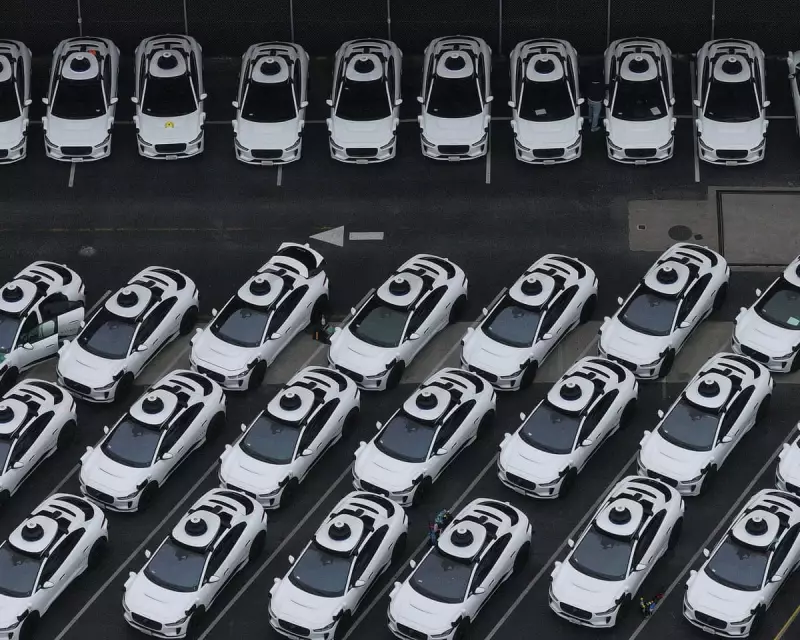
In a striking intervention that's sending shockwaves through the tech and transport sectors, renowned transport commentator Christian Wolmar has issued his most urgent warning yet about the rapid proliferation of robotaxis on Britain's streets.
The Unheeded Cassandra of Autonomous Transport
Wolmar, long regarded as something of a Cassandra in transport circles, argues that we're charging headlong into a technological revolution without properly considering the consequences. His concerns aren't merely theoretical—they're grounded in mounting evidence from cities where robotaxis have already been deployed.
"We're sleepwalking into a crisis," Wolmar asserts, pointing to incidents that have occurred in various global cities where autonomous vehicles operate. "The technology simply isn't ready for widespread deployment, yet we're treating our public roads as experimental laboratories."
Concrete Dangers on Concrete Streets
The evidence supporting Wolmar's position is increasingly difficult to ignore:
- Multiple documented cases of robotaxis causing traffic chaos by stopping unexpectedly
- Emergency services reporting delayed response times due to autonomous vehicle obstructions
- Pedestrians and cyclists expressing serious safety concerns
- Questions about liability and insurance in accident scenarios
The Regulatory Vacuum
Perhaps most alarming is the regulatory void surrounding this emerging technology. Wolmar highlights how legislation is struggling to keep pace with innovation, creating a dangerous gap where public safety may be compromised.
"We've seen this pattern before with other disruptive technologies," he notes. "Move fast and break things might work for software, but when you're dealing with two-tonne vehicles moving through crowded streets, the stakes are immeasurably higher."
A Call for Prudence, Not Prohibition
Wolmar isn't advocating for a complete halt to autonomous vehicle development. Rather, he's calling for a more measured, evidence-based approach that prioritises public safety over corporate ambition.
His recommendations include:
- Implementing stricter testing protocols before public road deployment
- Establishing clear liability frameworks for accidents involving autonomous vehicles
- Creating transparent reporting mechanisms for all incidents
- Developing comprehensive urban planning strategies that account for this new technology
The Human Cost of Technological Arrogance
At the heart of Wolmar's argument is a fundamental question: are we sacrificing too much in our rush toward automation? The transport expert worries that in our enthusiasm for technological progress, we're overlooking the human element—the pedestrians, cyclists, and other road users who must share space with these experimental vehicles.
"Every technological revolution carries risks," Wolmar concludes, "but this one is unfolding in our most public spaces. We have a responsibility to get it right, and right now, we're not even asking the right questions."
As cities worldwide continue to grapple with the robotaxi revolution, Wolmar's warnings serve as a crucial reminder that technological advancement must be balanced with public safety and thoughtful regulation.





